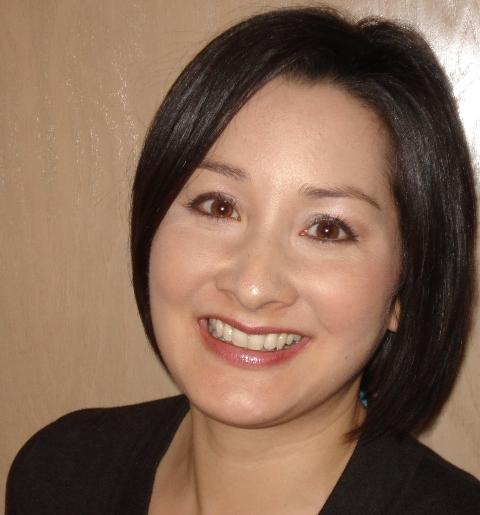
Gender justice in 40 years: What role can educators play?
By Mana Nakagawa
In recent years, primary and secondary school enrollments have reached an unprecedented level of gender parity worldwide; 96 girls for every 100 boys are enrolled in primary school, and 90 girls for every 100 boys in secondary schools. These gender gaps have also narrowed considerably in higher education, with women surpassing men in higher education enrollment rates around the world, with some regional exceptions in Sub-Saharan Africa and South and West Asia.
The increasing numerical balance in educational access does have a hidden problem however, as this progress in education can mask persistent disparities in gender equality. Extensive research has shown that girls and boys experience differential parental, academic and societal expectations and opportunities at all levels of schooling and beyond. Such inconsistencies continue to reproduce gender disparities in specific fields; a well-known example is in engineering and computer science where less than 20% of women choose these fields as their major. Further, women make up less than a quarter of scientific researchers worldwide. Clearly, the propitious expansion in women’s access to higher education has not translated into other consequential aspects of gender justice.
Christine Min Wotipka, associate professor of Education (Teaching) and (by courtesy) Sociology at Stanford University, has conducted cross-national research on issues surrounding women in higher education and women in science to address these questions. At “Getting to a World Without Limits for Women and Girls: 2011-2051,” a panel event honoring the 40th anniversary of the Association of Colleges and Universities’ Program on the Status and Education of Women, Wotipka shared her perspectives on the critical challenges remaining in moving towards the idea of gender justice in education. Speaking to an audience of diverse educators and social transformation leaders from college campuses from around the country, Wotipka addressed the questions, “How can educators move us towards the idea of gender and social justice? What can educators do to address these challenges on our own campuses?”



